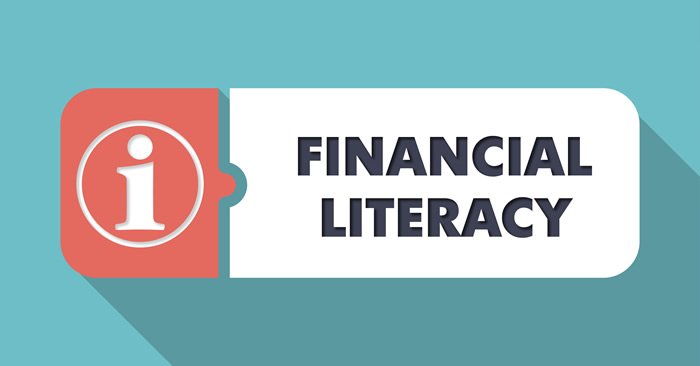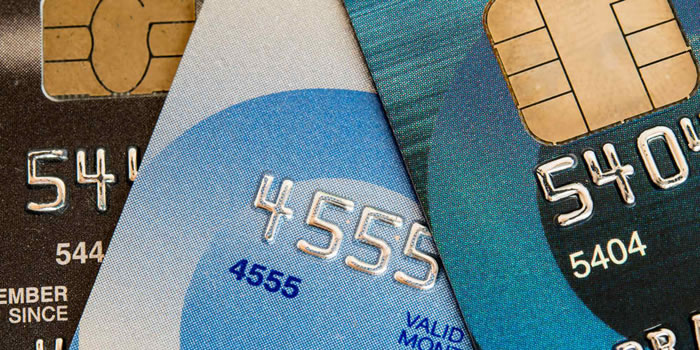Celebrating Financial Literacy Month 2017
Posted November 5, 2017 - updated December 5, 2017 in Personal Finance
Happy Financial Literacy Month, everyone! Can you believe we’re celebrating the 7th annual Financial Literacy Month? This year has a unique theme: “Take charge of your finances: It pays to know!” It’s all about Canadians taking actions on their finances to better manage their money and debt. This includes creating a budget, setting up a savings plan and understanding your financial rights and responsibilities as a consumer.
This Year’s Financial Literacy Month covers all of November and has a number of sub-themes. They are:
Week 1 (November 1-4) – Achieve financial well-being
Week 2 (November 5-11) – Live within your means
Week 3 (November 12-18) – Manage money for student life
Week 4 (November 19-25) – Teach children about money
Week 5 (November 26-30) – Know your financial rights and responsibilities
Why Financial Literacy Matters
Before we discuss why financial literacy matters, it helps to understand what being financial literate means. It means possessing the skills and knowledge to make wise, educated decisions about your money. Signing up for a mortgage or credit card can be confusing and stressful when you don’t understand the in’s an out’s of these useful financial products. But when you’re financially literate, you’ll be able to make financial decisions with confidence.
Financial literacy impacts so many different areas of our lives, including our personal finances and relationships with family and friends. Being financial literate is an important skill to have, especially in an increasingly cashless society. With fewer Canadians paying for goods and services with hard, cold cash, it’s more difficult than ever to keep track of where your money’s going.
Knowing Your Financial Rights and Responsibilities
When it comes to our finances, knowing your rights and responsibilities is more important than ever. Financial products like mortgages and credit cards are more complicated these days. By not knowing your rights and responsibilities as a consumer, you could be hit with “surprise” fees and penalties.
You may already know there’s a penalty if you break your mortgage, but did you know that it could be a lot heftier if your mortgage is fixed rate instead of variable rate? Likewise, you may know that your credit score will be negatively impacted if you miss paying your credit card bill on time, but did you know that your lender can charge you a higher interest rate, too? By being more financially literate and taking the time to read the fine print in your cardholder agreement, you’d be more likely to be aware of that.
Looking to Brush Up on Your Financial Literacy?
The Financial Consumer Agency of Canada (FCAC) website has several tools to help you become more financial literate and make important financial decisions with confidence. The Credit Card Comparison Tool is a personal favourite of ours.
Credit Cards Canada has a number of tools to make your credit card decisions easier. On our website you can search for the best credit cards, depending on the type of credit card you’re looking for (balance transfer, points, cash back, etc.). If you’re looking to brush up on your financial skills, be sure to stop by the Education Centre where you can learn about everything form credit card basics to fraud & identity theft.
Wishing you a happy #FLM2017!




